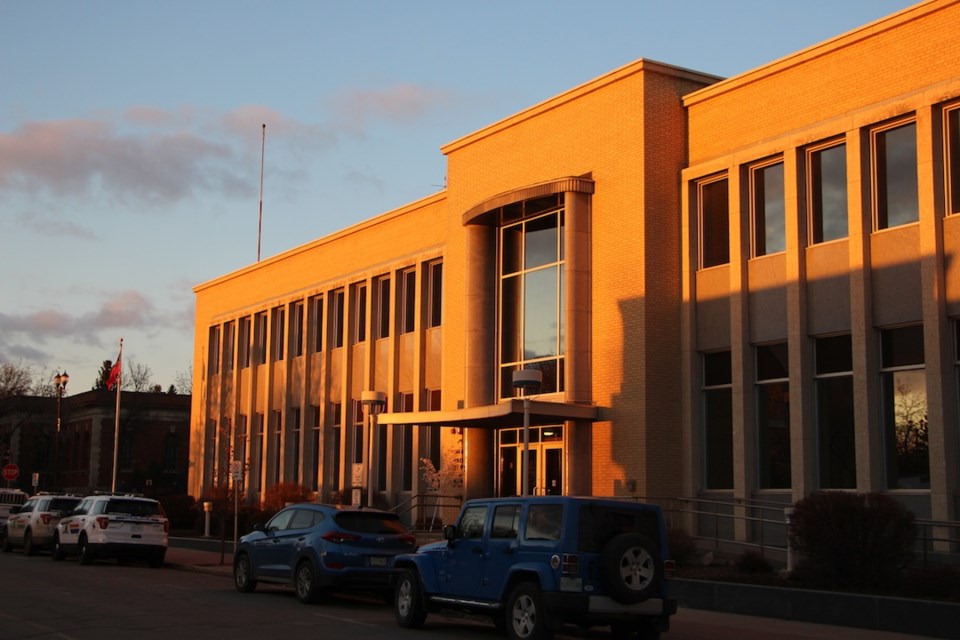Back before 2000, there was a ton of hype about the “Y2K bug,” which was the result of some short-sighted programming in order to save a couple bits of data. The problem that resulted was that computers couldn’t handle the date switching from 1999 to 2000, and would think that it was the year 1900. The end result depended on the system, but it was projected to be extremely bad.
When 2000 hit, nothing really happened. The result is that people now think that the “Y2K bug” was at worst a big hoax, or at best not nearly as bad as people predicted. However, the reality was something else entirely. The bug could have been a huge disaster, but because people caught on that it existed, a ton of work happened behind the scenes to upgrade systems. The end result was the best case scenario, that a huge amount of work occurred so that nothing would happen. There wasn’t a disaster because a disaster was actively prevented.
Right now, we’re in the midst of a lockdown due to COVID-19, and the result is that we’re getting a bit of a “Y2K bug” scenario. Numbers in Canada are relatively low, especially in the context of the rest of the world. That’s because we’re actively working to prevent it, though the lockdown is not something remotely behind the scenes, it’s a scenario where we’re doing a ton of work to ensure that something doesn’t happen.
If this goes well, the numbers will remain relatively low and we will emerge from the end of this healthy. But because of the worst case scenarios being released, and people being well aware of them, it’s inevitable that people start thinking that this is being over-hyped. It’s happening already, and there was a small protest in Vancouver where people were demanding the lockdown be lifted.
People are getting antsy, they don’t like being stuck at home, away from friends, unable to gather together. As the lockdown drags on, the stress is inevitable, and some might even start wishing the numbers were higher so that their sacrifices right now feel like they have more meaning.
In Saskatchewan we have a good reason to know that these measures are working. That’s the snowmobile rally in Christopher Lake, which was the cause of the largest spike in cases in the province. That’s proof of what can happen without a lockdown, because that’s a big number of people gathered in one place, from around the province. It’s unfortunate for the organizers that their event has been tainted with the virus - the very success of their organization was their downfall, since it was a popular event attracting people from a wide net - but it’s a good example of how the virus can spread, how people can be impacted without controls in place, and how easily it will start spreading if the lockdown ends immediately.
The problem is that we’re working with a best case scenario where, effectively, nothing happens. That’s a strange scenario to wrap your head around, where you’re making major sacrifices without something better at the end of it - instead, it’s all about avoiding something much worse. If the lockdown works that means we’re going to have low infection numbers - which inevitably will be pointed to as proof that the pandemic had too much hype, not that the measures we took worked.
It does feel sometimes like there is no end in sight, or that progress made in one place is undermined by other countries not taking the problem seriously enough, but we’re like the programmers during the Y2K scare. Remember that what we’re doing is going to help, even if others are convinced it doesn’t matter.



